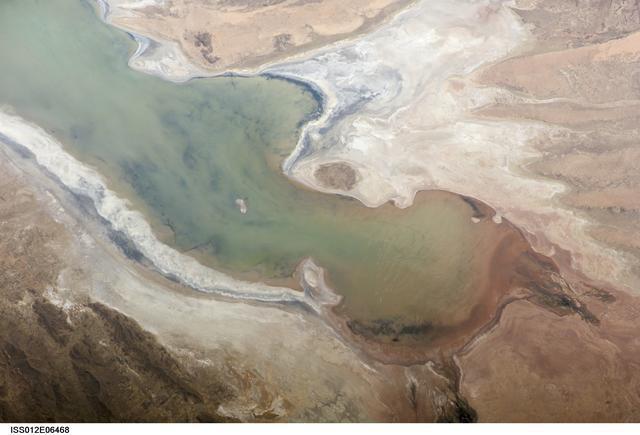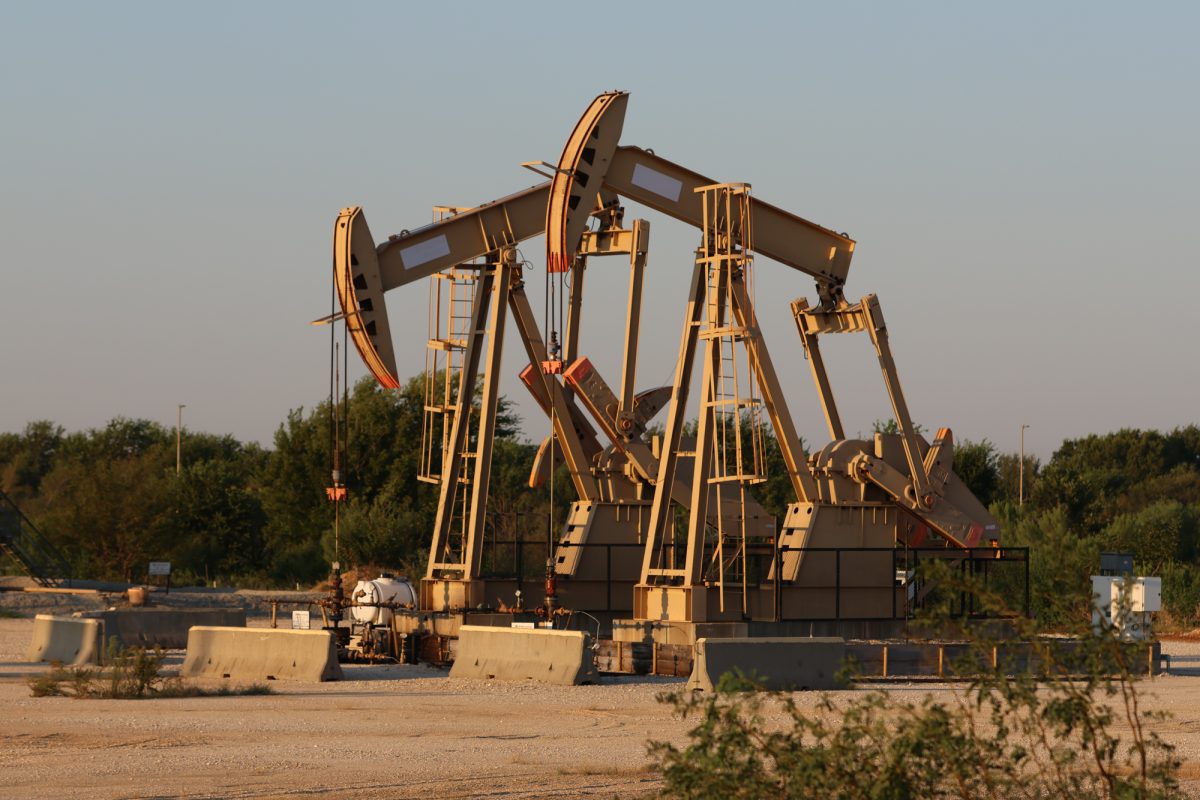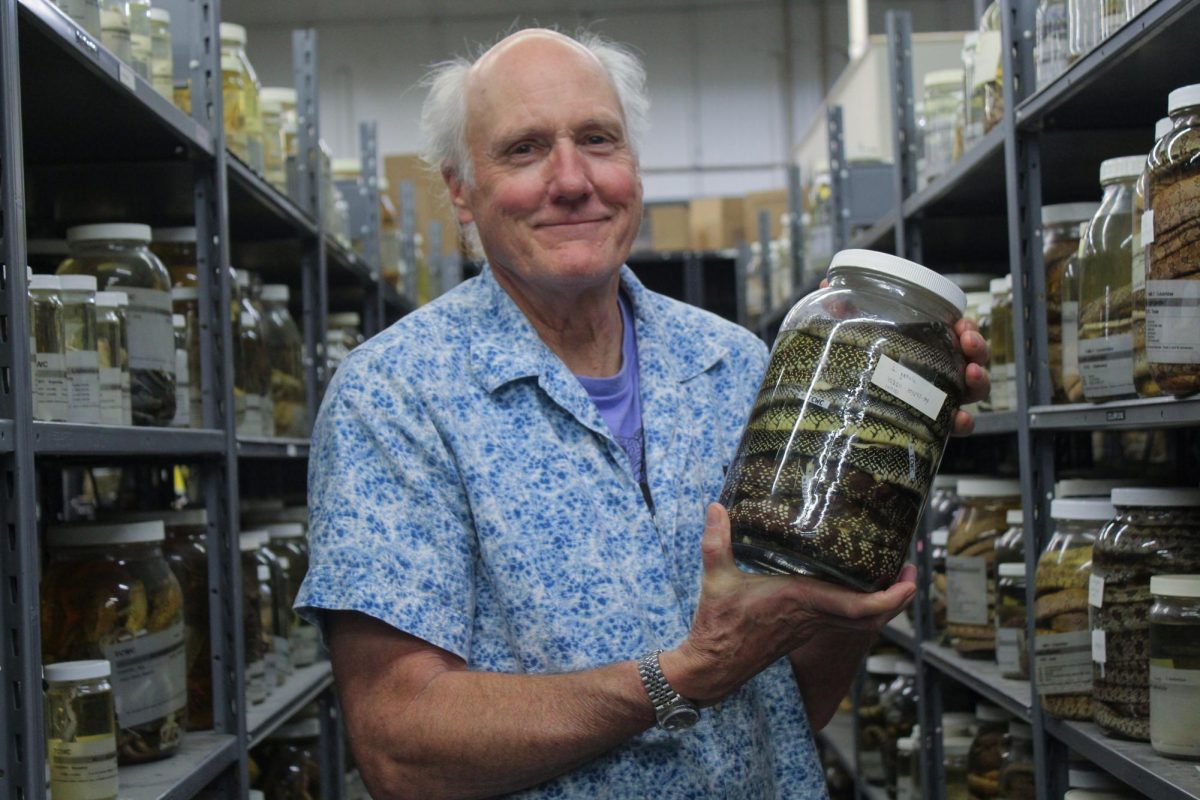There is a crisis unfolding on earth in the form of melting ice-caps, rising sea-levels and unprecedented global temperatures, and some Texas A&M professors say while this could have significant impacts, there are also potential solutions.
The six month period from January to June this year is the warmest half-year on record according to NASA, and nine out of the 10 warmest years having occurred since the year 2000.
Mark Holtzapple, professor in the Department of Chemical Engineering, said global warming is expected to be extremely disruptive and there will be lot of human suffering as a consequence. Holtzapple said impacts of this will trickle into aspects of American life like food production and those living on the coast.
“Wealthy nations have a lot of resources so that when these impacts start to come, we are wealthy enough that we can do something about it like installing irrigation systems,” Holtzapple said. “But less fortunate people do not have the resources and they may just suffer.”
Andrew Dessler, professor in atmospheric sciences who also served as a policy analyst in the White House in 2000, said the Paris agreement — an agreement between nations that they will combat climate change — is a good start, but the actual pledges made by the countries will not stabilize the temperature rise at two degrees Celsius above the pre-industrial age temperature levels. He said he is hopeful that once the switch to renewable energy takes place, it would become easier.
“It is the first step down the road, but you have to take the first step,” Dessler said. “A journey of a 1000 miles starts with a single step and it will get us hopefully where we need to be.”
Dessler said water vapor is the most important greenhouse gas in the atmosphere since it induces a feedback mechanism. Carbon dioxide added to the atmosphere by humans causes more water to evaporate and this cycle continues as water is itself a greenhouse gas.
“Water vapor amplifies the warming that human cause,” Dessler said. “Most of the warming comes from feedbacks, and only a third comes directly from carbon dioxide and the most important feedback is water vapor.”
Dessler said to stop warming, humans need to emit less carbon dioxide, because of the large impact it has that stems from its long life time — it takes thousands of years to remove it from the atmosphere. He said there is no argument within the scientific community that the climate would be significantly warmer if we keep burning fossil fuels.
“We are making decisions that are going to lock in climate change for 1,000, 2,000, 5,000 years” Dessler said. “People in the year 4000, 5000 could justifiably really be furious at us because we emitted all this carbon.”
Holtzapple said a potential remedy comes in the use of low carbon energy sources. Nuclear power has the potential to provide reliable base line power, but the ability to store intermittent power sources like solar and wind would be more reliable. He said it is important to focus on both reducing the cost and increasing the sale of green technologies.
“At the moment we are not able to compete strictly based on economics,” Holtzapple said. “As long as society says we will use whatever is cheapest and it does not matter what the impact on the environment, at the moment there are very few situations where the green technologies can compete.”
Holtzapple said a new approach is required in university education with a focus not only on job-relevant skills but also on a broad education to understand the world. Holtzapple suggested this can be provided a series of short lectures on topics such as global warming and public health.
“I believe that global warming is one of those topics that every educated person should know about,” Holtzapple said.
Dessler said the current generation is living through climate change every day and governmental action is required to address this issue.
“I would encourage everybody to talk to their elected representatives and make sure they recognize the seriousness of the problem,” Dessler said.
A&M researchers weigh in on climate change
October 20, 2016
Photo by Via NASA
With the first half of 2016, being the hottest on record according to NASA, evidence can be seen throughout the globe.
0
Donate to The Battalion
$2790
$5000
Contributed
Our Goal
Your donation will support the student journalists of Texas A&M University - College Station. Your contribution will allow us to purchase equipment and cover our annual website hosting costs, in addition to paying freelance staffers for their work, travel costs for coverage and more!
More to Discover










